Basic Statistics
About the Program
This program provides a comprehensive foundation in statistics, equipping students with the skills necessary to collect, organize, analyze, interpret, and present data effectively. It covers both descriptive and inferential statistics, enabling students to summarize data meaningfully and make well-informed predictions.
A strong emphasis is placed on data interpretation, hypothesis testing, and statistical software proficiency, ensuring students develop critical thinking skills essential for research and decision-making. By integrating real-world applications, the program enhances students’ ability to detect patterns, test theories, and validate findings across diverse fields such as behavioral sciences, education, and psychology.
This program is designed to strengthen the scientific foundation of research, fostering data-driven decision-making and innovation.
Program Objectives
- Develop proficiency in data collection, organization, and statistical analysis for research and professional applications.
- Apply descriptive and inferential statistical methods to interpret data and make informed decisions.
- Strengthen critical thinking and problem-solving skills through hypothesis testing and data-driven reasoning.
- Gain hands-on experience with statistical software for efficient data analysis and visualization.
- Enhance the credibility and reliability of research by ensuring accurate, objective, and reproducible results.
What you will learn
- Data collection and organization
- Descriptive and Inferential analysis
- Statistical Software proficiency
- Critical thinking and Interpretation
- Statistical and Analytical thinking
Learning Outcomes
- Collect, organize, and analyze data using statistical methods.
- Apply descriptive statistics (e.g., averages, percentages) to summarize and visualize data effectively.
- Use inferential statistics to make predictions and generalize findings to larger populations.
- Interpret data accurately and apply statistical reasoning in research and decision-making.
- Test hypotheses, evaluate relationships between variables, and determine the significance of research findings.
- Use statistical software to conduct analyses and generate reports.
- Assess the credibility, validity, and reliability of research results.
- Apply statistical concepts to real-world problems in fields like psychology, education, and behavioral sciences.
Audience
- Students and researchers in psychology, education, social sciences, and behavioral studies.
- Professionals seeking to enhance data-driven decision-making and analytical skills.
- Academics and scientists conducting research that requires statistical validation and hypothesis testing.
- Business analysts and professionals working with data interpretation and trend analysis.
- Individuals preparing for careers in research, policy analysis, and data science.
- Anyone interested in understanding how statistics strengthens scientific inquiry and innovation.



